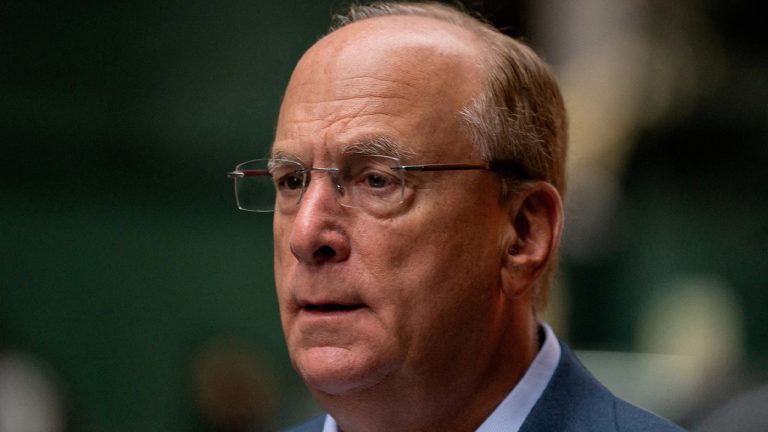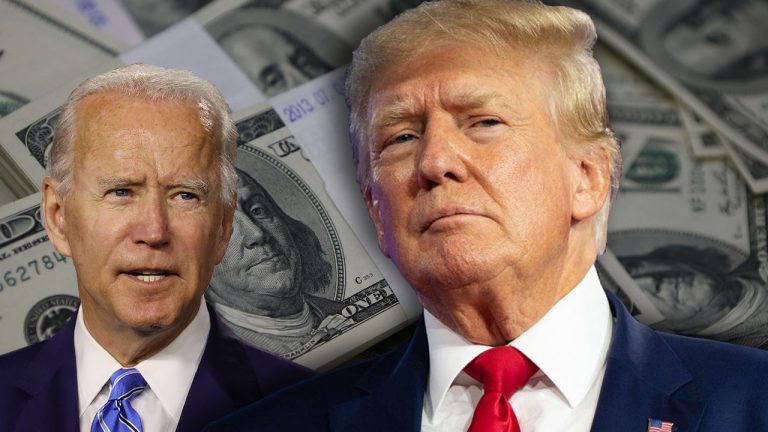
An investigation into Silvergate Bank found that its collapse was brought about by a dependency on crypto deposits and “ineffective” senior management.
Crypto-friendly Silvergate Bank ultimately collapsed this year due to over-dependence on risky crypto deposits and nepotism that led to ineffective management, according to inspectors at the Federal Reserve.
In a Sept. 27 executive summary of its review into the collapse of Silvergate Bank, the Federal Reserve Board’s Office of Inspector General pointed the finger at Silvergate’s change in strategy to focus on “customers engaged in crypto activities” in 2013.
“Silvergate’s concentration in crypto industry deposit customers, rapid growth, and multilayered funding risks led to the bank’s voluntary liquidation.”
Evolving from a little-known institution in the early 2010s, Silvergate expanded rapidly to become the premier bank for crypto clients, growing from $1 billion in deposits in 2017, to $16 billion by 2021.
During this period of rapid growth, the Fed said the bank grew to become essentially a single-industry lender, with the vast majority of its customer deposits being uninsured and non-interest bearing.

If the institution had been properly following existing banking regulations, it should have filed a new application with the Fed, but government supervisors failed to pressure it to establish new risk protection measures.
While some government supervisors had voiced their concerns with the bank’s activities, the Fed said these should have been escalated through “stronger, earlier, and more decisive supervisory action.”
Silvergate’s over-reliance on crypto became suddenly evident following the collapse of the now-defunct crypto exchange FTX in November 2022, with tens of billions of dollars in capital fleeing the sector in the following months.
Related: Scaramucci leads bidding for Silicon Valley Bank VC arm: Report
Silvergate’s purported wrong-doings weren’t just limited to crypto. Investigators also claimed that nepotism plagued the banks’ senior management, leading to an incompetent and ineffective corporate structure that failed to address the many risks present at the time.
"Further, nepotism, evidenced in the several familial relationships among members of the bank’s senior leadership team, undermined the effectiveness of the bank’s risk management function."
“Silvergate’s board of directors and senior management were ineffective, and the bank’s corporate governance and risk management capabilities did not keep pace with the bank’s rapid growth, increasing complexity and evolving risk profile,” concluded the report.
The bank voluntarily wound down in March 2023, meaning that the bank didn’t technically fail. This meant that the government did not have to step in and force it to pay back depositors.
Magazine: Blockchain detectives — Mt. Gox collapse saw birth of Chainalysis











